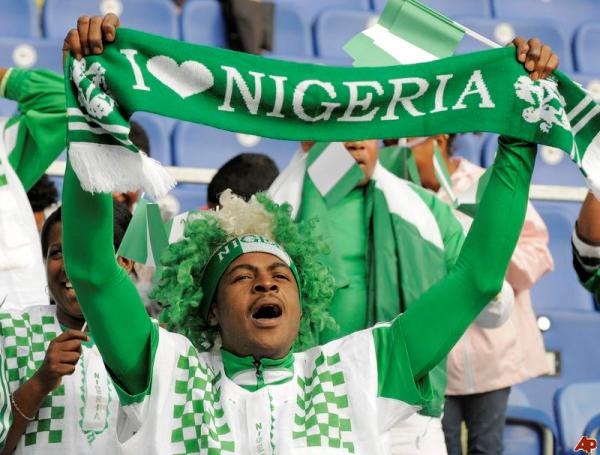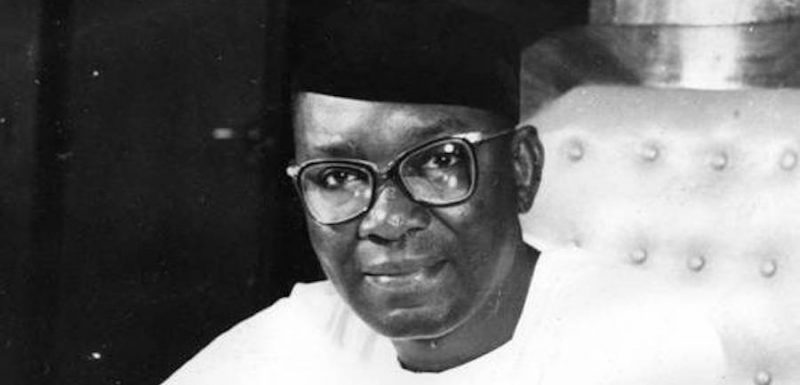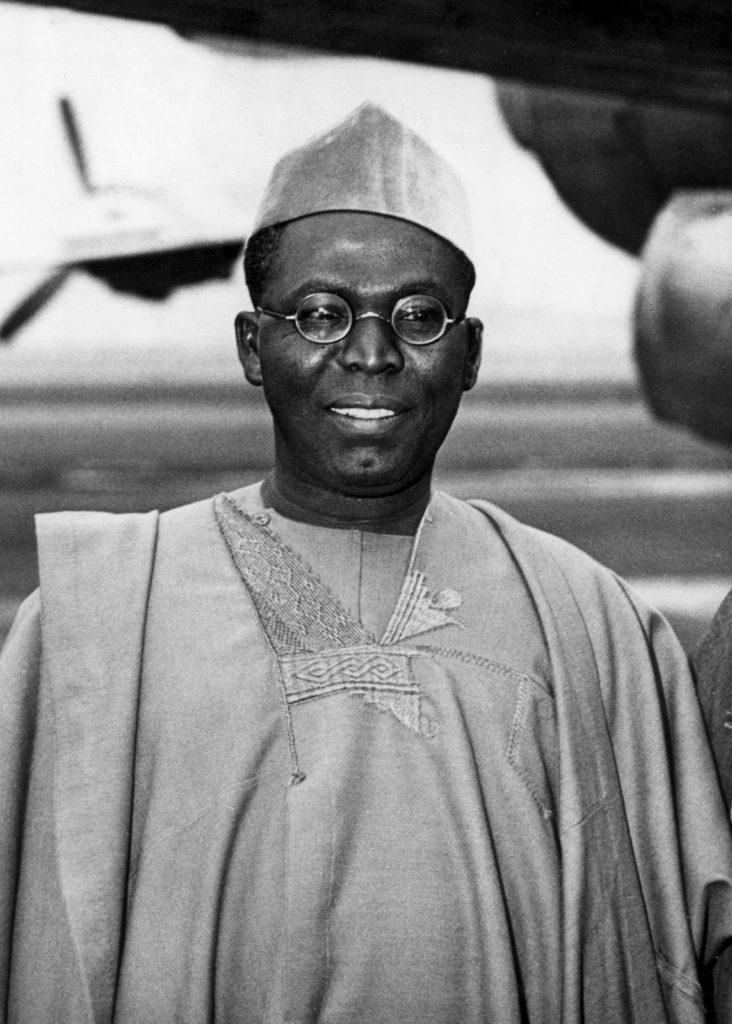Back to: CIVIC EDUCATION SS1
Welcome to class!
In today’s class, we will be talking more about nationalism. Enjoy the class!
Nationalism

Nationalistic roles of individual
A nationalist is an individual who loves and contributes towards the betterment of his country. He/she is proud of their country and never steps back in bringing their country up.
Herbert Macaulay:

Herbert Macaulay was the founding father of nationalist struggle in Nigeria. Born in Lagos on November 14th 1864, Herbert Macaulay was a grandson of Bishop Ajayi Crowther. He studied Civil Engineering in Plymouth, England.
Herbert Macaulay commenced his nationalist struggle when he wrote to counter the British colonialist who claimed that they were governing with “the true interests of the natives at hearts”. He posited that “the true interests of the native at hearts are algebraically equal to the length, breadth and depth of the white man’s pocket”. He exposed the European corruption of handling railway finances in 1908. He also defended the rights of native chiefs whose lands had been taken over by the British before the Privy Council in London. Hence, the colonial government was forced to pay compensation to the chiefs.
On June 24th 1923, Macaulay founded the first political party in Nigeria, Nigerian National Democratic Party (NNDP) which won all the seats in the elections of 1923, 1928 and 1933. In 1944, Herbert Macaulay co-founded the National Council of Nigerians and Cameroons (NCNC) together with Dr Nnamdi Azikiwe. He died in Lagos on the 7th May 1946.
Nnamdi Azikwe:

Nnamdi Azikiwe was born on the 16th November 1904 in Zungeru, Northern Nigeria. He studied in the United States at Howard University, Lincoln University and the University of Pennsylvania where he obtained his Master’s degree.
Azikiwe started his nationalist struggle with journalism in 1934 when he was the editor of the African Morning Post, a daily newspaper in Accra, Ghana. He criticized racial discrimination and the restrictions of Africans from expressing their opinions. He returned to Lagos, Nigeria in 1937 and founded the West African Pilot which he used to foster Nigerian nationalism.
Dr NNamdi Azikiwe ventured into politics in 1941 when he joined the Nigerian Youth Movement (NYM). He also co-founded the National Council of Nigerians and Cameroons in 1944 alongside Herbert Macaulay. In 1954, he became the Premier of the Eastern Region of Nigeria. In 1960, he became the Governor-General. He also became the first president of Nigeria in 1963, when Nigeria became a Republic.
Chief Obafemi Awolowo:

Obafemi Awolowo was born on the 6th of March, 1909. He was a native of Ikene in Ogun State Nigeria. First, he had a degree in Commerce through correspondence from a London University. Later, he went to the United Kingdom where he earned a degree in Law from the London School of Economics.
Awolowo started his nationalist struggle through a youth group called the Nigeria Youth Movement. Later, he founded Egbe Omo Oduduwa, a pan Yoruba cultural society, which later became Action Group. Chief Awolowo was a trade unionist and a journalist as a young man. He was the editor of the Nigerian Worker and the secretary of the Nigerian Motor Transport Union then. In 1949, he established the Nigerian Tribune, which he used to awake the nationalist consciousness of the Nigerians then.
Chief Awolowo participated in various constitutional developments that led to the independence of Nigeria. He advocated for a federal constitution, which the Western Region delegation was able to achieve in the 1954 Littleton Constitution.
Chief Awolowo was the first Premier of Western Region. He pioneered free health care and free and mandatory education in the Western region. He defended the unity of Nigeria by supporting the federal government troop during the civil war and was credited to have coined the name “naira” for the Nigerian currency. He died on May 9, 1987.
Queen Amina:
Amina was born around 1533 in Zaria, a province of today’s Nigeria. She was the daughter of Bakwa of Turunku. When Bakwa died in 1566, the crown of Zazzua passed to Amina’s younger brother, Karama. Their sister, Zaria, fled the region and little is known about her. Although Bakwa’s reign was known for peace and prosperity, Amina chose to hone her military skills from the warriors of the Zazzau military. As a result, she emerged as the leader of the Zazzua cavalry. Many accolades, great wealth, and increased power resulted from her numerous military achievements.
When her brother Karama died after a ten-year rule, Amina had matured into a fierce warrior and had earned the respect of the Zazzau military and she assumed the reign of the kingdom. She led her first military charge a few months after assuming power. Some of her role in Zaria political struggle includes,
For the rest of her 34-year reign, she continued to fight and expand her kingdom to the greatest in history. The objective for initiating so many battles was to make neighbouring rulers her vassal and permit her traders safe passage. In this way, she boosted her kingdom’s wealth and power with gold, slaves, and new crops. Because her people were talented metal workers, Amina introduced metal armour, including iron helmets and chain mail, to her army. To her credit, she fortified each of her military camps with an earthen wall. The walls became known as Amina’s Walls and many of them remain in existence to this day. Later, towns and villages sprung up within these protective barriers.
Nationalist role of groups
Railway Workers:
Railway Workers Union was formed in 1932. This union in one way or the other contributed to the nationalist movement in Nigeria. For instance, the union provided the nationalist movement with moral, financial, and physical support. Its workers constituted the bulk of the literate population and it was through them that the illiterate masses got the ideas about freedom
Y.M:
The Nigerian Youth Movement-an organization is the nucleus of Nigeria’s first genuine nationalist organization. it is another political organization that equally emerged during this period. Turned into a national organization in 1938, the Nigerian Youth Movement was formerly the Lagos Youth Movement which was an organization formed in 1934 to organize opposition against the Yaba High College. It aimed to develop a united nation out of the diverse elements, which were found in the country. Served by its newspaper – Lagos Daily Service.
Some of its roles in the nationalists’ struggles include.
- It advocated for free education,
- It advocated for the separation of the judiciary from the executive,
- It advocated for universal adult suffrage.
- Voiced for better conditions of service, and higher executive appointments for Africans in the administrative branch of the civil service.
- It advocated for the protection of Nigerians against the unequal economic competition,
- It condemned all unpopular policies throughout the country;
- It agitated against the ban on the exportation of palm kernels from the western province
- The organization also fought against the cocoa pool act of 1938 which was a strategy adopted by the foreign firms with the principal aim of keeping down the prices of Cocoa.
- It demanded the representation of all provinces in the legislative council.
- It also encouraged the formation of trade unions.
In our next class, we will be talking about Democracy. We hope you enjoyed the class.
Should you have any further question, feel free to ask in the comment section below and trust us to respond as soon as possible.

Wooooow !!!!!thank you
Interesting but I need a brief history of nationalism in nigeria
Hi
hi
nice
very nice note
very nice note